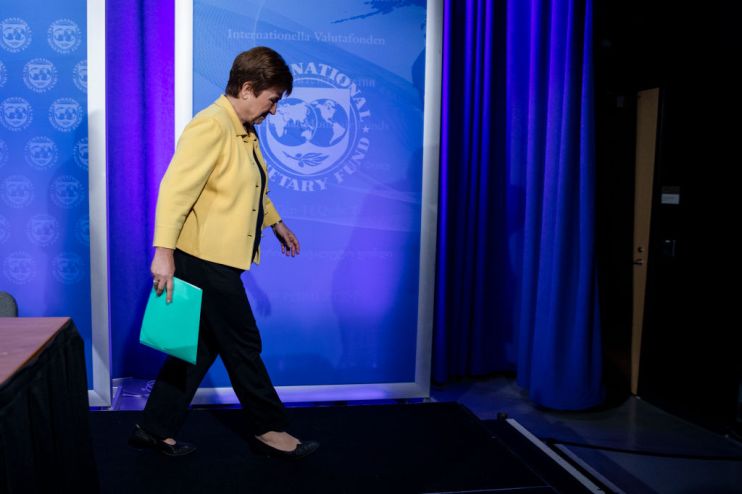DEBATE: Are the IMF’s proposals for a one-off wealth tax a good idea?

Danielle Boxall, media campaign manager at the TaxPayers’ Alliance, says No
After the deepest recession in 300 years, the last thing ministers should be considering is new taxes. Covid has already placed a huge burden on families and businesses alike, the IMF’s suggestion of new taxes on individuals and companies could choke off the recovery before it’s even started.
The proposals may be for a one-off tax on wealth. But once in place it’s likely to stay, leading to capital flight, declining investment and dwindling revenue for the government.
Another suggestion is a windfall tax. This is possibly the worst time to tax business more. We desperately need businesses to succeed, to support jobs and investment. Punishing them for making a profit is incoherent.
Instead, the government should be doing exactly the opposite: cutting taxes for everyone. Letting taxpayers keep more of their earnings – to put back into the shops, hairdressers, and pubs keen to make up for lost time – is the only way to get the economy back on track.
Jack Barnett, Senior Account Executive at Instinctif Partners says Yes
The IMF’s proposed one-off wealth tax on firms and individuals that have prospered during the pandemic could offer a means to raise revenue without choking off the UK’s economic recovery through suppressing demand.
The government should avoid pulling conventional fiscal levers by increasing rates on income or sales taxes. Doing this tends to put greater downward pressure on demand in the economy compared to wealth taxes due to middle and income households having to reduce their spending to align with higher prices and lower real incomes. This group represents a large proportion of sales for firms nursing the harshest revenue shocks resulting from the pandemic, so increasing consumption taxes would involve limiting their recovery prospects.